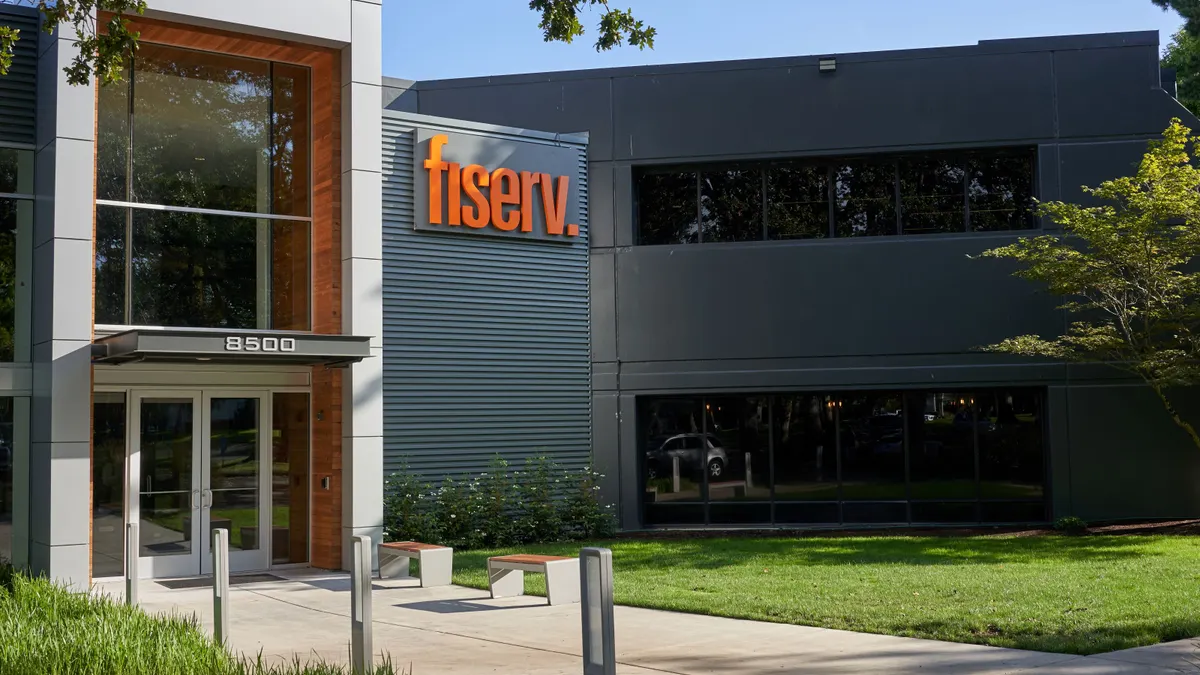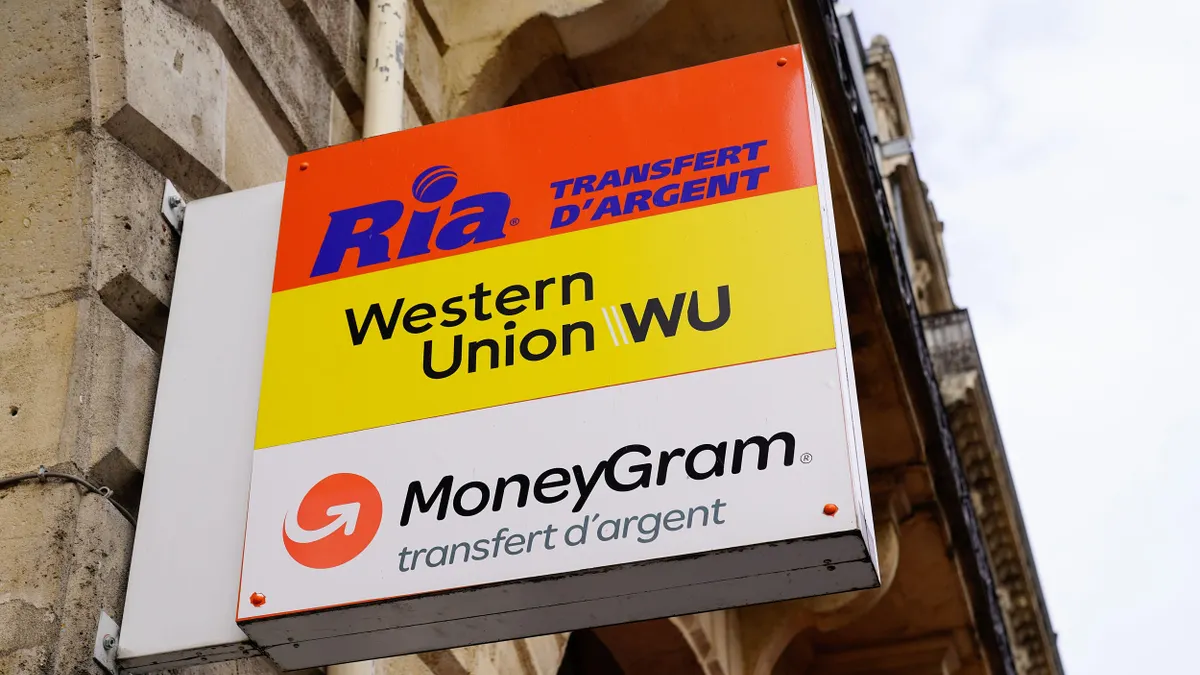Ryan Breslow, founder of checkout technology startup Bolt, stepped down as the company's CEO Monday to become its executive chairman after attacking two high-profile players in Silicon Valley.
Breslow unleashed a Twitter thread last month calling out global payments fintech Stripe and startup accelerator Y Combinator as complicating his company's beginnings. "The pro-startup payment processor was on a mission to make sure no other payments company would ever be built in Silicon Valley," Breslow tweeted last week.
Bolt spokesperson Stephanie Tan said Breslow decided to remain with the company in a new role and the company’s board "was aware of Ryan’s decision." For his part, Breslow, 27, again turned to Twitter to spread the word about his new role and the promotion of Bolt Chief Operating Officer Maju Kuruvilla to replace him as CEO.
As executive chairman, Breslow plans to focus on fundraising, acquisitions, growing partnerships and culture for San Francisco-based Bolt, Tan said, adding that fundraising will be a priority.
Before joining Bolt, Kuruvilla was a former senior executive at Amazon who ran global logistics and fulfillment, the spokesperson said.
In his string of 40-plus tweets last week, Breslow talked about his company’s difficulty in raising money from venture capitalists and establishing itself in its "brutal" early years. "Blow after blow, I couldn’t understand why VCs wouldn’t invest, recruits wouldn’t join, and the media wouldn’t cover us. Having a deeper understanding of how Silicon Valley works, I’ve now put the pieces together."
Breslow blamed Y Combinator and Stripe for his company's rough start, explaining the Silicon Valley accelerator initially rejected his company for its program and Stripe backed rival Fast with $100 million last year.
Breslow alleged the two worked in concert to block his company and others from raising capital in the competitive checkout technology market. "The reality is ... if you stand in their way, they will do more than compete with you head-on. They will use every power move imaginable. Blocking you from capital, media, talent. And funding competitors just to get back at you."
Nonetheless, Bolt, launched in 2014, has raked in $963 million in venture capital; a $355 million funding round in mid-January put the company's valuation at $11 billion. Now, Bolt is looking to raise capital again quickly, Business Insider has reported.
Stripe and Y Combinator did not reply to requests for comment; Bolt spokespeople declined to comment on Breslow’s tweets.
Breslow pointed to their "domination" of media, mainly by pointing to coverage in the trade publication Hacker News. "Stripe wants you to think they’re the darling, pro-startup, unicorn company who everyone loves," but the reality is far different, Breslow wrote. (Later in his string, Breslow provided corrections to earlier Tweets.)
Breslow singled out checkout competitor Fast, also based in San Francisco, in his tweet-storm for its dealings with Stripe and Y Combinator, focusing on the former leading Fast’s $102 million funding round last year.
Fast CEO response
In response to an inquiry regarding Breslow's remarks, Fast CEO Domm Holland said Stripe bought equity in Fast, "like a normal investor does," giving his company an "aligned, strategic investor" in Stripe. The two have a commercial agreement in which Fast pays Stripe fees for payment processing.
Fast, which looks to eliminate the checkout form for consumers, has raised $124 million since its founding in 2019. In the checkout space, both Fast and Bolt are up against bigger companies like London-based digital payments processor Checkout.com, recently valued at $40 billion.
Holland said Breslow, in his tweets, tried to position Bolt as being "on the same level as Stripe," which has been valued at a much higher $95 billion. Holland also pointed to Bolt’s lack of Silicon Valley venture funding, noting "it’s all non-traditional money."
Bolt Chief Business Officer Bob Buch told Payments Dive last month that the checkout startup aims to replace a merchant’s existing checkout and create a federated, one-click checkout across the e-commerce landscape, and that Breslow has approached fundraising differently.
"He’s not a follower of what everybody says, that this is the VC you’re supposed to work with. He finds investors that really believe in our vision, and I think that’s served us very well," Buch said.
Venture firms that have backed Bolt, including Activant Capital, Moore Ventures, Invus Opportunities and H.I.G. Growth, didn't immediately respond to requests for comment.
Bolt board member Arjun Sethi also took to Twitter to address Breslow's move, saying Breslow felt "he'd be better served day to day focused on the tactics." Sethi is a cofounder and partner at the venture capital firm Tribe Capital.
Bold's take on the drama
A competing CEO in the checkout arena, Yvan Boisjoli, who leads and co-founded the Canadian e-commerce technology startup Bold Commerce, offered an objective view of the rivalry happening south of the border.
"Everybody’s got their own scenarios they’ve got to fight through, and that was his. I thought it was really interesting, what he’s gone through. I’ve got my own personal story of what I have to go through, and you just make it happen," he said.
Boisjoli said his company also had a difficult time raising capital, but has now collected $44 million for Bold Commerce, which offers customizable checkout and subscription abilities. All of the company's venture investors are Canadian.
As for whether Breslow’s Twitter rant could put off investors at Bolt and precipitated the executive changes, "I don’t know how much of this tweet really offends anybody," Boisjoli said. Venture investors "are smart, they see the industry growing. … I don’t think this tweet scares people away."
That said, "maybe it’s a little bit of a marketing play on his part, right?" Boisjoli added. Ultimately, he said, competition in the checkout technology space is healthy.
"The more competition, the more attraction you’re going to have to VCs, the easier it gets," he said.





















